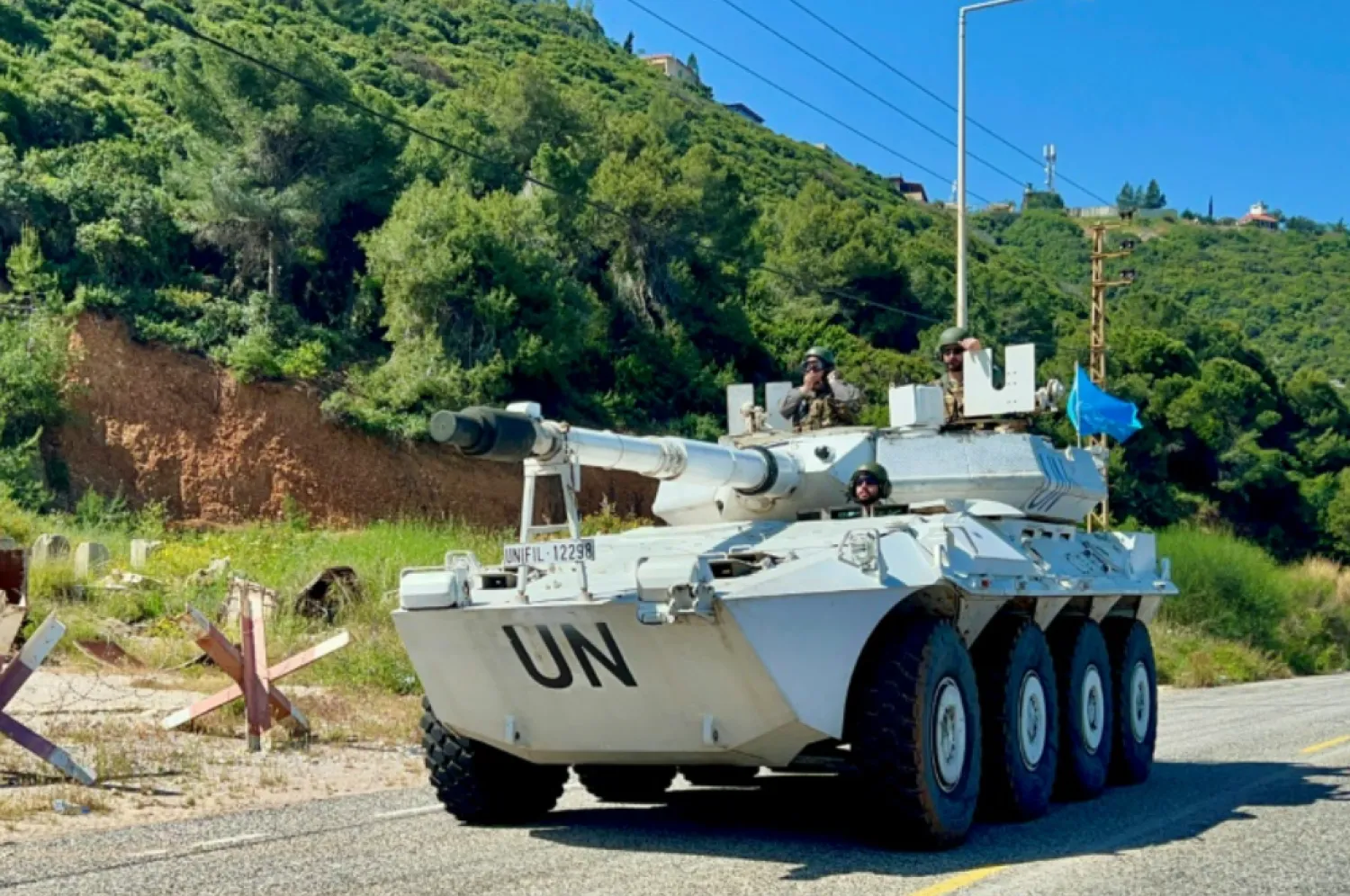UN peacekeepers on the Israeli-Lebanese border have never been more crucial, the force's global chief Jean-Pierre Lacroix said Tuesday, as fears soared of an escalation in the Middle East.
The role of the UN peacekeeping force in Lebanon, UNIFIL, was today "more important than ever", Under Secretary-General for Peace Operations Jean-Pierre Lacroix told AFP.
"It's the only liaison channel between the Israeli side and the Lebanese side in all its components, such as Hezbollah," he said.
"It's fundamental because it allows us to clarify certain things and avoid misunderstandings... miscalculations, uncontrolled and unwanted escalations," he said.
UNIFIL, which has around 10,000 troops based in south Lebanon, was also key in informing all sides "when, for example, there are people who have been wounded or even killed in the area and someone needs to go in to rescue them or remove the bodies".
The troops also continued to carry out regular patrols "in liaison with the Lebanese army", he said.
Lacroix said the peacekeepers were staying in place for now, and only if it became impossible for them to carry out their mission or if there were "very, very serious threats" to their security would their presence be reconsidered.
The peacekeeping force had already seen several of its members wounded, and damage done to some of its camps, he said.
The UN peacekeeping chief said a Gaza ceasefire was key to de-escalation on the Israeli-Lebanon border.
"What we want is a cessation of hostilities in Gaza as well as between Lebanon and Israel straight away, because each day that goes by brings its batch of victims, destruction and displacements, and it cannot last," he said.
"Every day that goes by also compounds an absolutely terrible risk of uncontrolled escalations, of conflagrations in the entire region."
Almost 10 months of cross-border violence has killed at least 555 people in Lebanon, most of them fighters but also including 116 civilians, according to an AFP tally.
On the Israeli side, 22 soldiers and 25 civilians have been killed, the Israeli authorities say.
"Probably, after what has happened in the past days, the chances of progress towards a Gaza deal, at least in the short term, are weak," he added.
"But it is hoped that a cessation of hostilities in Gaza would lead to the same thing between Israel and Lebanon."
Once a ceasefire was in place, both sides would have to return to a "substantial negotiation process" to finally implement UN Security Council resolution 1701.
That decision ended a 2006 war between Israel and Hezbollah and called for the Lebanese army and UN peacekeepers to be the only armed forces deployed in the country's south.
Lacroix said he was optimistic the UN Security Council would renew UNIFIL's mandate, which runs out at the end of the month, for another year.









